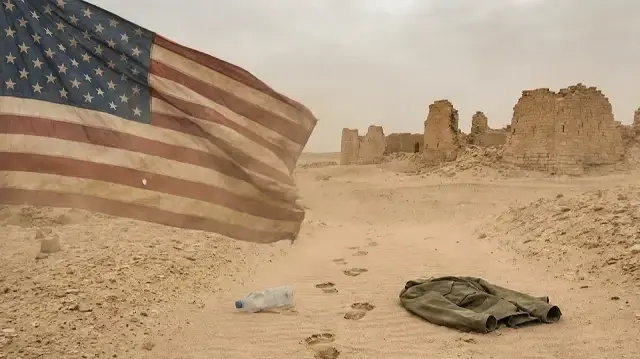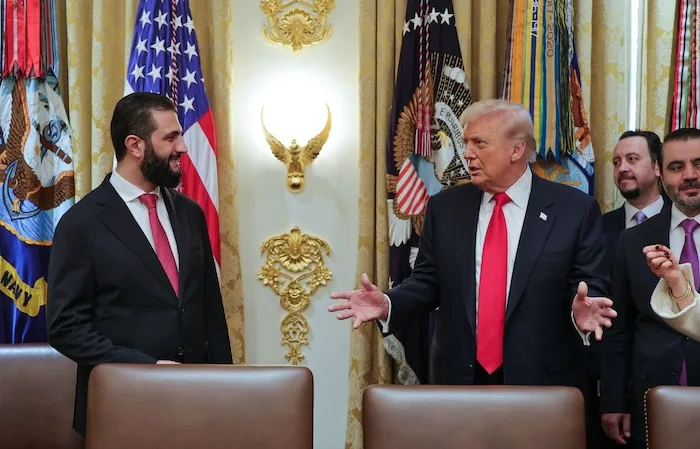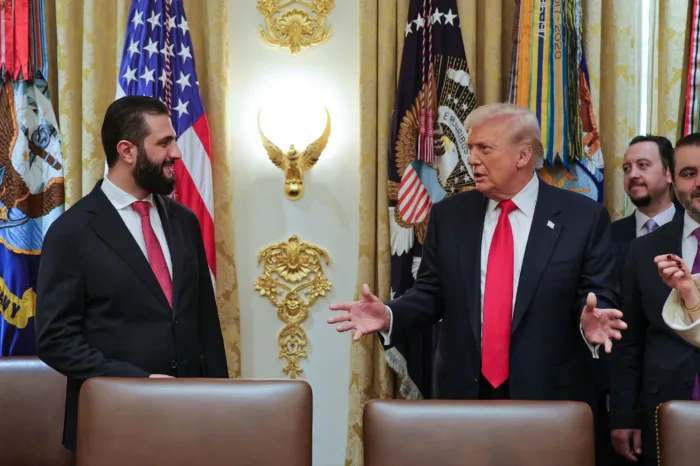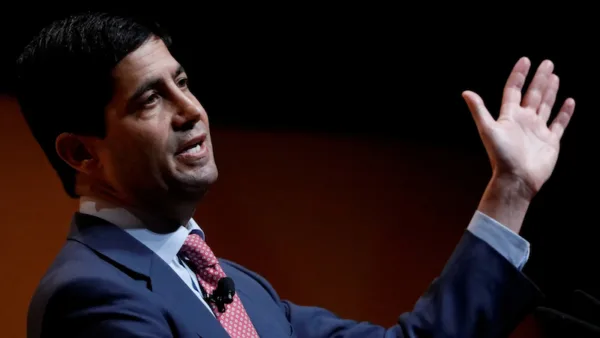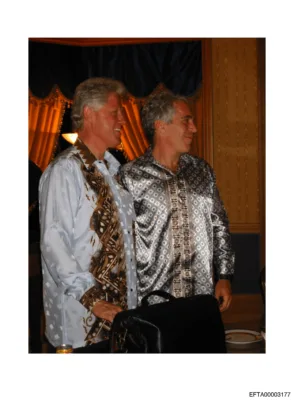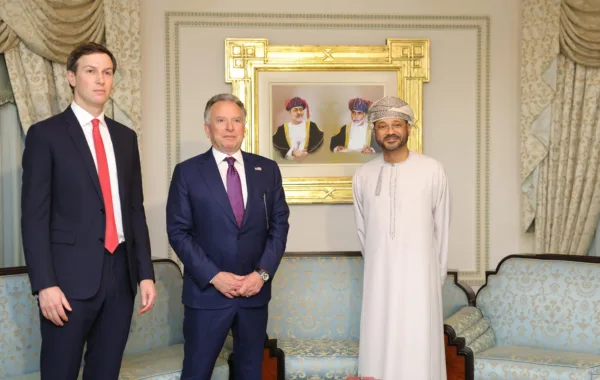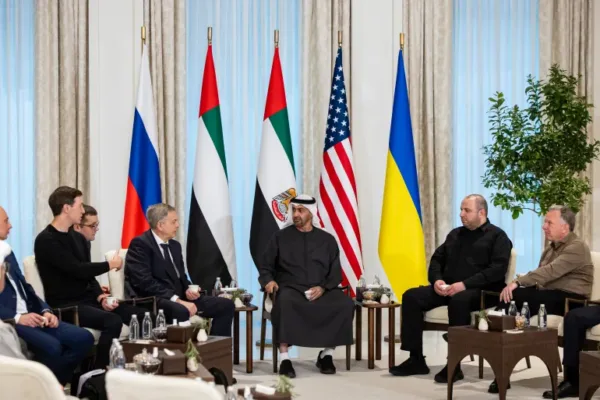What the Turkish public thinks about developments in Syria
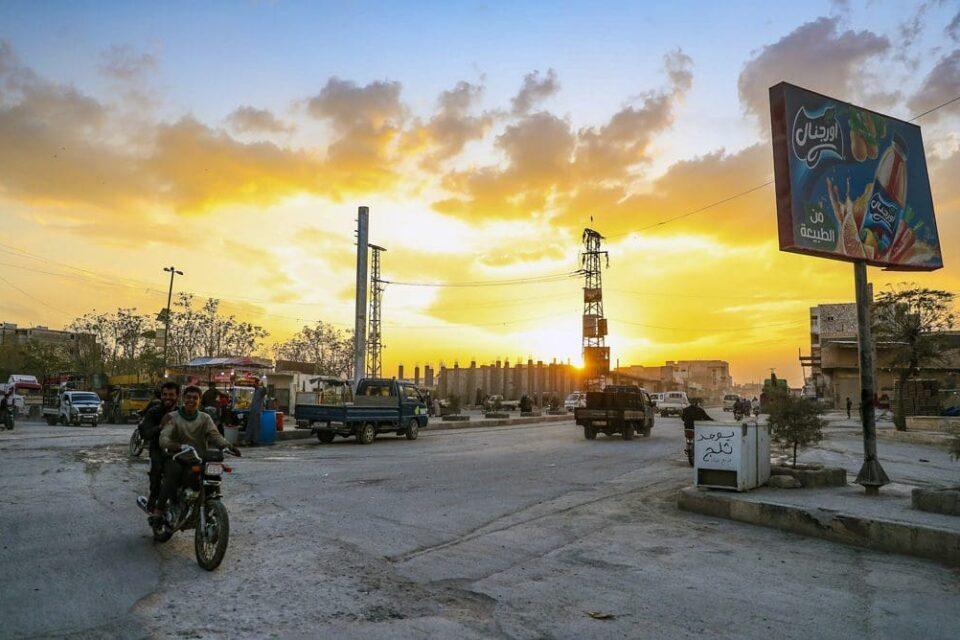
Much has been written regarding Ankara’s negotiations with Russia and the U.S. and the process and potential outcomes of the accords the countries have reached following intense diplomatic activity. However, it is also important to understand the Turkish public’s expectations of the negotiations and upcoming issues in Syria.
For the last two decades, Turkish citizens have become more invested in Ankara’s foreign relations. In each critical juncture during that time, whether it is potential Turkish support for the U.S. invasion of Iraq, the EU integration process, the Israeli-Palestinian conflict or the persecution of minorities in other countries, Turkish citizens have stepped up and influenced the foreign policy of their country. Likewise, in the Syria crisis, the public has been closely following the operation in northern Syria and the agreements that Russia and the U.S. have reached with Turkey.
Following the agreements, Turkish citizens are expected to maintain three priorities. First is national security and the prevention of the emergence of a terror statelet near Turkey’s border. The counterterrorism operations of Turkish security forces ended major terrorist attacks in Turkish cities, and it goes without saying that Turks do not want the reemergence of terrorism.
After more than 30 years of PKK terrorism and bombings by Daesh, Turks have expected security forces to prevent the emergence of safe havens for the group that could provide bases for attacks against Turkey. Turkish people witnessed the risks of having a terrorist neighbor near its southern border when Daesh members attacked Turkish cities from the other side, which led to multiple civilian casualties. Likewise, before the operation in Jarablus, People’s Protection Units (YPG) elements attacked Turkish towns from the other side of the border.
Contrary to expectations that the YPG would never attack Turkish civilians, we have witnessed them preparing for an opportunity to launch an offensive. At this critical juncture, Turkish citizens wanted the eradication of these potential safe havens and the mitigation of the risks of terror attacks against Turkey.
Second, Turkish people expect their government to contribute to the resolution of the conflict in Syria. They want the resolution of the problem in part because they don’t want the emergence of a failed state near Turkey’s border. Just like the terror threat, failed states can establish other types of security threats as well, including smuggling and trafficking.
No one wants the emergence of criminal activity in the region. Furthermore, they expect foreign policymakers to complete the diplomatic process with a permanent political solution to the problem. The political solution is also expected to help Syrian refugees return to their homes.
For the last eight years, Turkish people have demonstrated incredible hospitality to Syrian refugees. While far-right movements and anti-immigration and anti-refugee sentiment were rising in European countries, Turkish people to a great extent endorsed their government’s open-door policy for those who fled the atrocities of the Syrian regime or terror groups.
At the height of the crisis, the number of refugees hosted in Turkey reached almost 4 million. And as mentioned before despite the provocations of the far-right groups, there were no major incidents regarding the refugees. President Recep Tayyip Erdoğan remained open about his stance on the refugee issue and his statements continue to maintain this position. The idea of creating safe zones for the internally displaced and refugees will get public support as well.
This article was first published by Daily Sabah on October 29, 2019.

